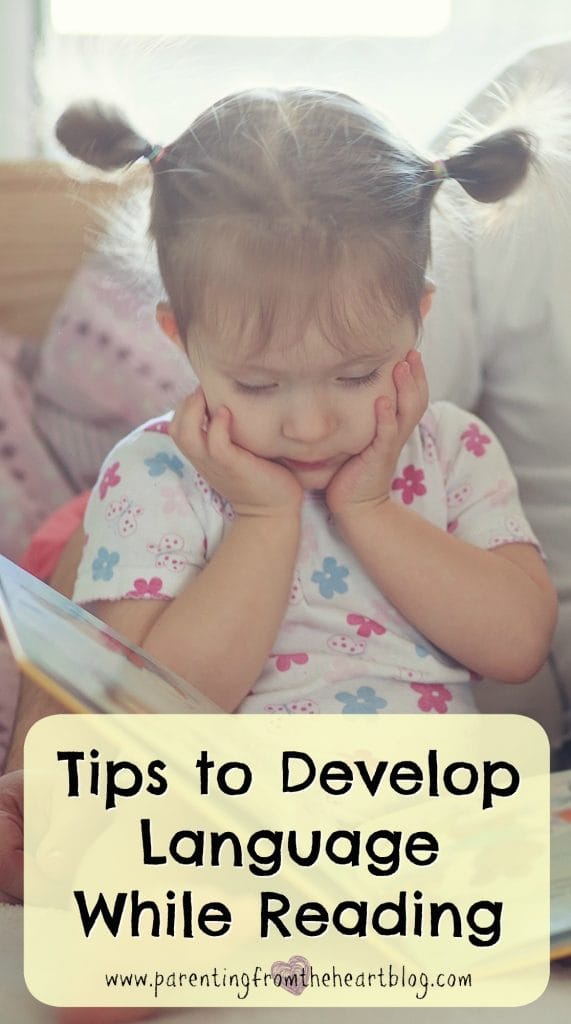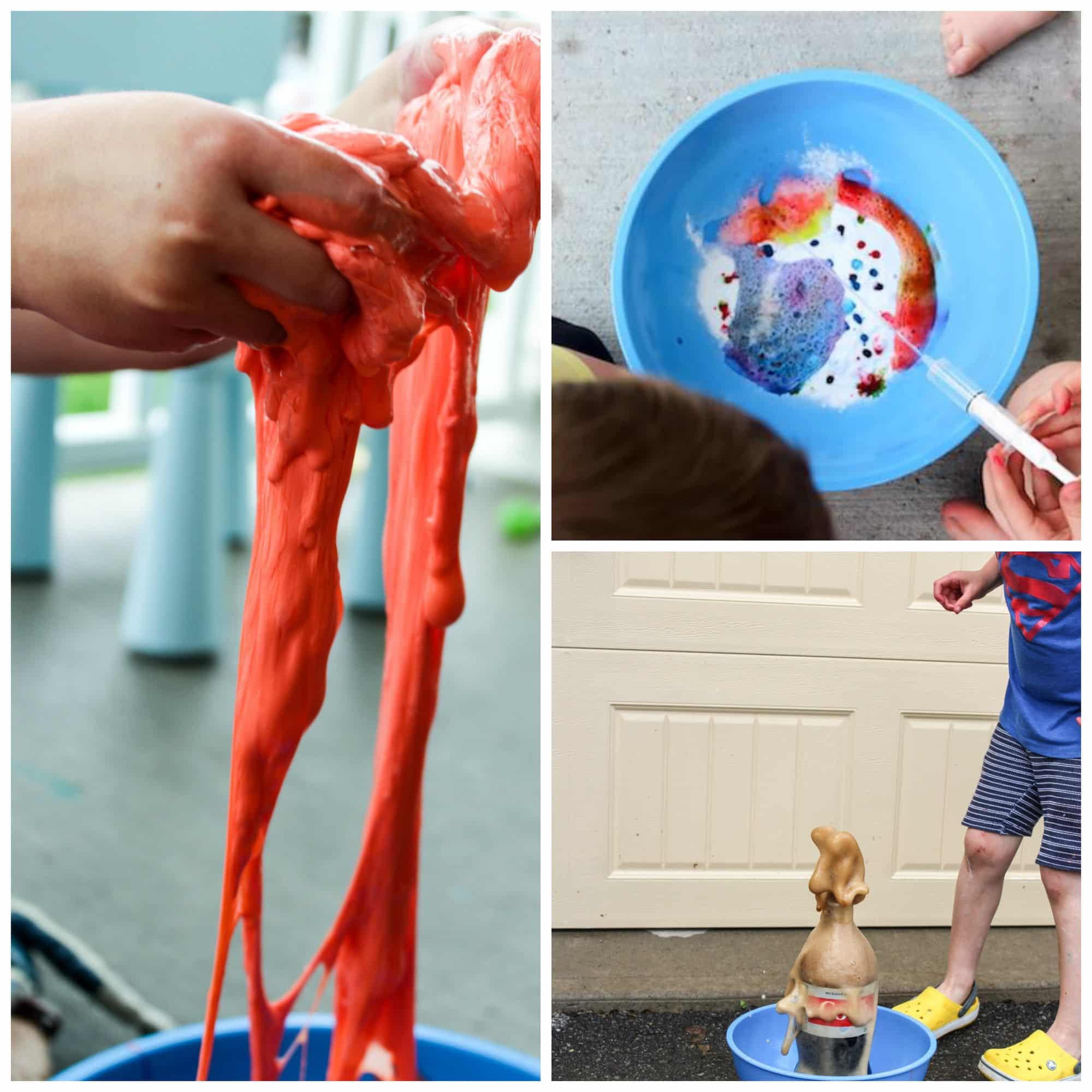I’m pretty sure that when it comes to the language development of their children, parents fall into one of three categories. We are either confident with our child’s ability, unsure if we should be worried, or are worried. Even if you think your child will likely catch up in her own time, it’s still hard navigating it all. For one, it is very difficult to have a young child who isn’t talking when all of the toddlers around him are stringing sentences together. Seeing your bright, competent child struggle to communicate leaves parents feeling vulnerable. It can be just as frustrating to constantly have to translate their child’s words. You know what they’re saying. You can see they’re trying so hard. And yet, your extended family and friends don’t at all. It’s disheartening.
If you suspect your child has a speech delay or disorder, it is helpful to review a resource on speech development, talk to your family doctor, and look into getting a speech assessment for your child. You can get help through publically funded centres or use private resources.
No matter if your child is linguistically advanced, average, or having some difficulties, there a lot you can do to facilitate their language development. No surprise, reading is one of them. Below you will find very simple tips to develop language while reading. They take little effort on your part and can be hugely helpful for your child no matter their level of language.
Tips to Develop Language While Reading to Your Child

Read often.
This one may seem redundant but reading to your child daily increases his or her exposure to language and increases vocabulary. Reading teaches children enunciation skills, better communication, and greater mastery of language overall. Additionally, most books for young children contain repetitive language. These repetitions make it much easier to retain language.
Ask questions.
A lot. For children younger than two, it works really well to ask them where things are. That way, they can answer by pointing. Increase the difficulty by asking open-ended questions such as, “What does the cow say?” As they grow older ask them to name colours, count animals or objects, identify characters’ feelings and more.
Incorporate pregnant pauses into your reading.
For young toddlers, this tip to develop language while reading can start even before you start reading. If your child tosses a book in your lap, refuse to proceed until he or she has “asked you to read.” Asking can be an approximation for book (for instance, “Buh”), a sign for book, or any other form of language that goes beyond dropping the book in your lap. As your child becomes more skilled at communicating, pause when the text becomes predictable. For instance, in the book I’ll Love You Forever, the line “I’ll love you forever, I’ll like you for always, as long as I’m living my baby you’ll be.” For children around the age of two, omitting the word baby and waiting for your child to chime in is a great strategy. As your child develops further, omit more and more of the repetitive text and wait for them to chime in.
Make associations between ideas, words, and pictures.
While this strategy digresses from the storyline a little bit, pausing to make associations will help your child with word retrieval. Older toddlers may be more linguistic, but seemingly lack the words to get their ideas out fluidly. When we stop and identify things on the page and associate them with other things the child knows, we make retrieval easier. For example, you can identify that a cow and zebra are both black and white. Or, you can ask if a butterfly and an ant are both bugs. By categorising, linking, and elaborating on concepts, we will slowly make it easier for our child to identify what they want to say.
Leave books out for them to “read”
From you reading to them, children learn that text moves from left to right and to turn the pages. Leaving books out, you’ll eventually find your little one babbling through pages. Then, he or she will approximate words. And soon, your child will be re-telling their version of the story!
There is no better activity to develop language than reading.












Early literacy and language skills are so important. It effects every way that a child learns in the future. If they are behind they can catch up and using your strategies will truly help any child, whatever level thy are at.
Thank you so much for your insight and comment on developing language while reading. I couldn’t agree more <3
I love this post. I read to my kids every night, but I want to start to incorporate more of these techniques. I really want to try the pregnant pause one!
Thanks so much Alyssa. The simplest reading techniques can hold huge linguistic possibility. Thanks again <3
Awesome tips here, I am excited since I already do a few of these things! 🙂
I find that if we stick to the same 5-10 books that my son tends to be able to remember the storyline and I find him “reading” it more than listening. It really excites me to see/hear his interest in reading.